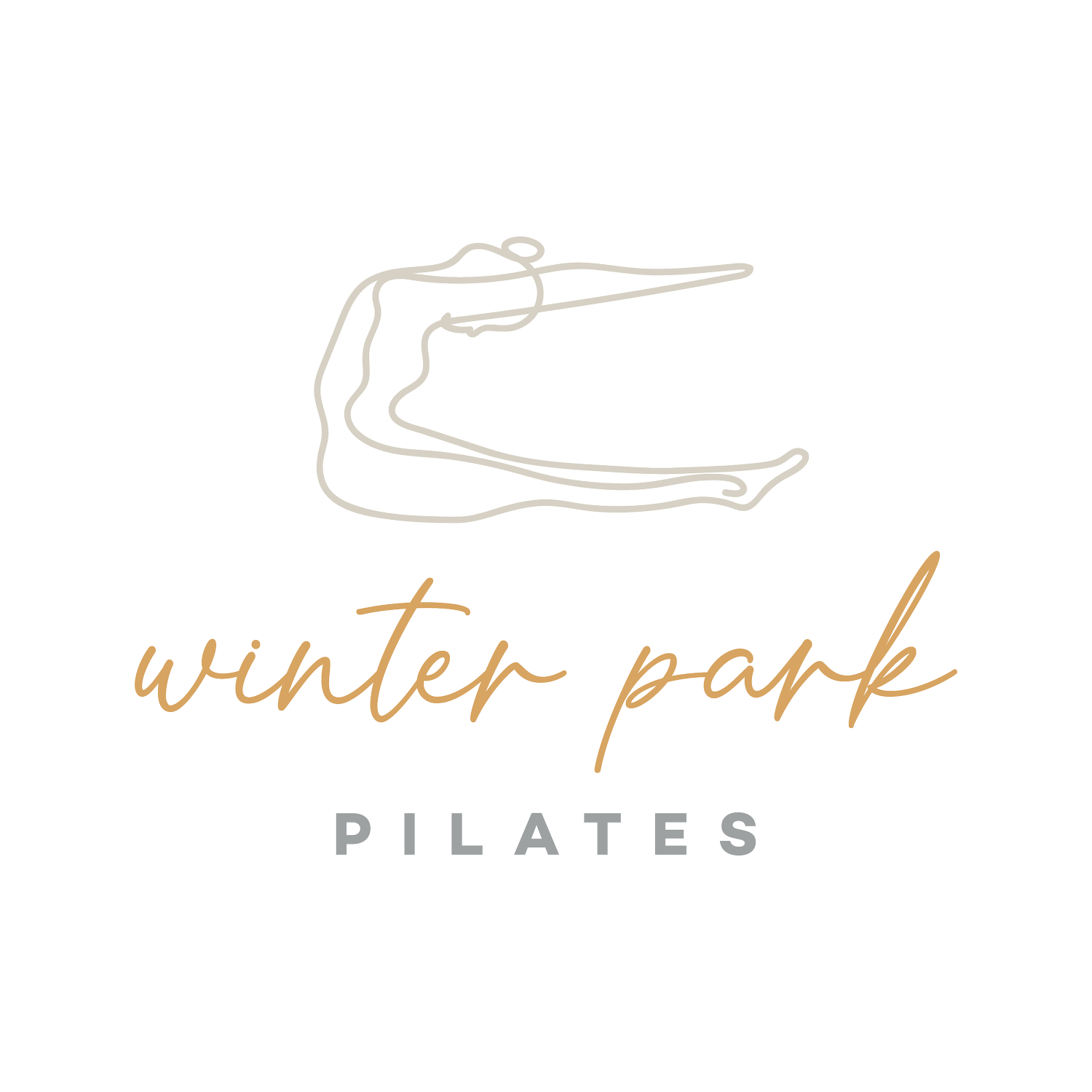frequently asked questions
-
why do pilates?
Pilates is a low-impact form of exercise that can be beneficial for everyone looking to improve overall fitness, regardless of age, fitness level, or physical ability.
Pilates focuses on developing core strength, which can help to improve posture, reduce back pain, and support the body during other forms of exercise or daily activities. Pilates exercises can alleviate back pain by strengthening the muscles that support the spine.
Pilates also promotes flexibility, balance, and coordination, which can help to reduce the risk of injury and improve overall physical performance.
Additionally, the controlled movements and emphasis on proper breathing can promote relaxation, reduce stress, and improve mental clarity.
-
what is classical pilates?
Classical Pilates follows the original teachings and sequencing of exercises by Joseph Pilates, the founder of the practice. A strong emphasis is placed on form, progression and precision of movement. Classical Pilates uses traditional equipment built to Joseph Pilates’ specifications such as the Reformer, Cadillac, and other apparatus.
“Contemporary” Pilates can deviate from the above, as the term Pilates is not trademarked. The integrity and consistency of Joseph Pilates’ work is maintained in classical studios such as Winter Park Pilates, where instructors have received over 600 hours of training with reputable certification programs.
-
what should i wear?
Choose clothing that is fitted but not too tight, as you want to be able to move comfortably and freely without any restrictions. Avoid clothing that is too loose or baggy, as it can get in the way during certain movements.
Non-slip socks are recommended but not required. Non-slip socks provide better grip on the equipment and prevent slipping.
Avoid wearing any large or chunky jewelry that can damage the equipment.
-
is pilates good for athletes?
Yes, Pilates can be very beneficial for athletes! Pilates focuses on building core strength, improving flexibility and balance, and enhancing overall body control and coordination. These are all key components that can help athletes improve their performance and reduce the risk of injury.
For example, golfers can benefit from Pilates by improving their core strength and stability, which can help them generate more power in their swing and maintain better posture throughout their game. Runners can use Pilates to improve their balance and coordination, helping them avoid common running injuries and improve their running efficiency. Additionally, Pilates can be a great form of cross-training for athletes, helping them build strength and flexibility in areas of the body that may not be targeted by their primary sport.
-
can seniors do pilates?
Absolutely! Pilates can be a great form of exercise for older adults because it focuses on building strength and enhancing balance and coordination - all of which can help seniors maintain their mobility and independence as they age.
Pilates exercises can be modified to accommodate different fitness levels and physical abilities, making it a safe and effective workout for seniors. Pilates can help seniors improve their posture, reduce the risk of falls, and alleviate common age-related issues such as back pain and joint stiffness.
-
can i do pilates while pregnant?
Yes, pregnant women can practice Pilates, but it's important to do so under the guidance of a qualified instructor and with the approval of your healthcare provider. Always obtain approval from your healthcare provider before starting any new exercise program.
Pilates is a low-impact form of exercise that can be modified during pregnancy to ensure that the exercises are safe and appropriate. For example, women may need to avoid exercises that require lying on their back after the first trimester, as this can restrict blood flow to the uterus. In addition, some abdominal exercises may need to be modified to avoid placing too much stress on the abdominal muscles or pelvic floor. For this reason, we recommend private sessions while pregnant.
Our studio owner Meghan Juras has extensive experience working with pregnant women and can provide modifications and guidance to ensure that you are practicing Pilates safely and effectively.
